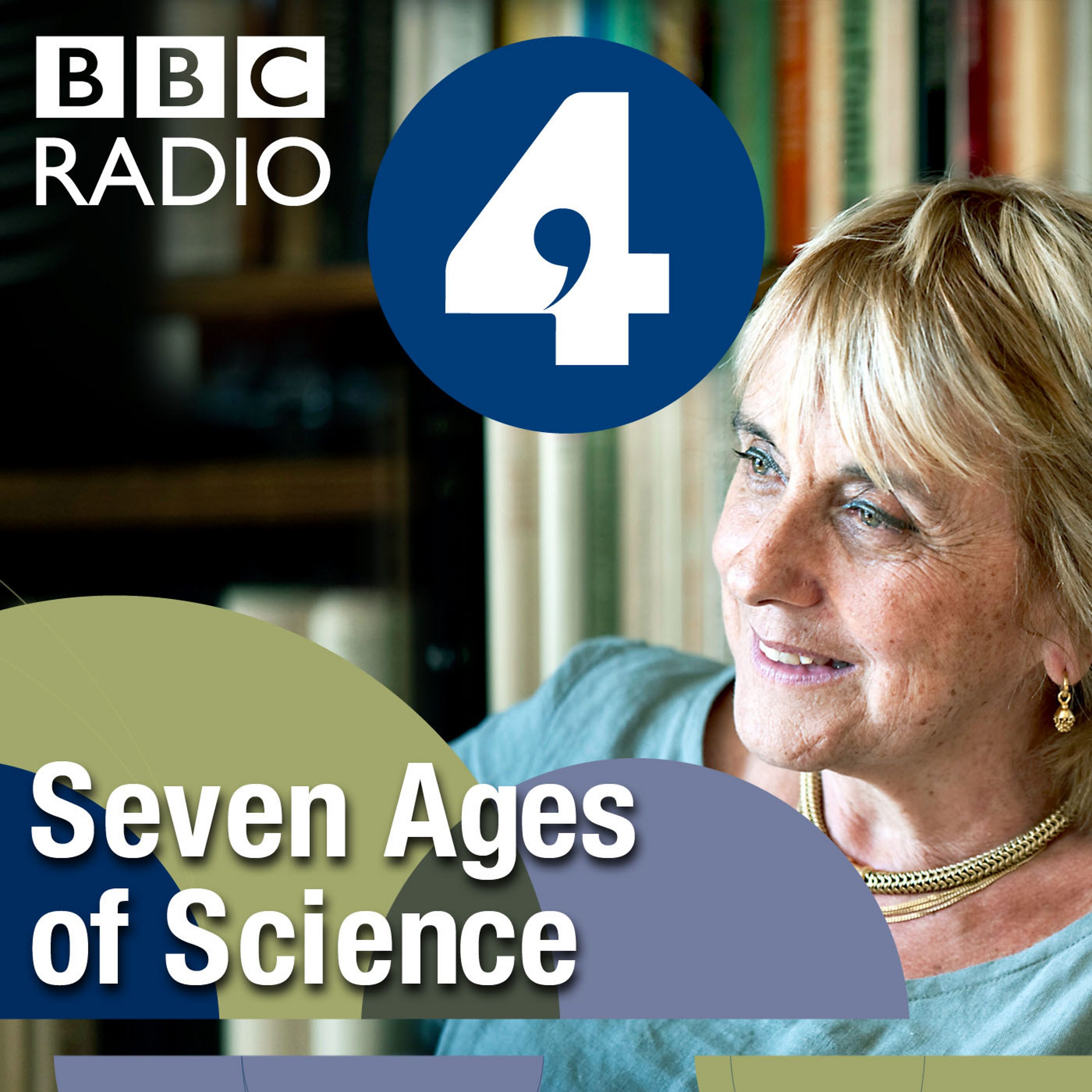Age of Opportunity
Description
Lisa Jardine explores how the advent of mass manufacture in the Midlands changed scientific endeavour from a gentlemanly pursuit into a gritty, profitable, factory-based industry; and helped to forge a new scientific discipline, chemistry.
Many early industrialists in Britain were vigorously interested in the material world. Josiah Wedgwood carried out thousands of experiments to achieve his unique Portland Blue: methodically changing the precise composition of the clay and adding different chemical elements to create new colours. He gave us fine bone china. He also gave us systematic and relentless testing on an industrial scale and the notion of quality control.
Through patiently experimenting with different methods, apparatus and techniques, James Keir worked out how to mass-produce soap. His factory at Tipton turned soap making from a craft into a science. It revolutionised hygiene, made Keir's fortune and paved the way for modern industrial chemistry.
In this Age of Opportunity, as the demand for little luxuries like soap and fine bone china grew, scientific endeavour was no longer solely a gentlemanly pursuit. It was a gritty, profitable, factory-based business. Science proved itself to be hugely profitable. And, at the turn of the century, Humphry Davy made it highly fashionable and respectable. His dazzling chemical performances in London were a sell- out. And, in 1833, Davy's friend, Samuel Coleridge suggested that men who were neither literary men nor philosophers, might be given the name, "scientist".
More Episodes
Published 09/17/13
Lisa Jardine explores what's driving science in the 21st century: curiosity, politics, profit or PR?
Published 09/17/13
Lisa Jardine explores how military demands mobilised science not in World War II, but in World War I.
The idea that Britain's scientific expertise and effort was mobilised from scratch on the eve of World War II is a myth. Long before 1939, Britain was ready to wage, and win, a scientific war.
Published 09/10/13


